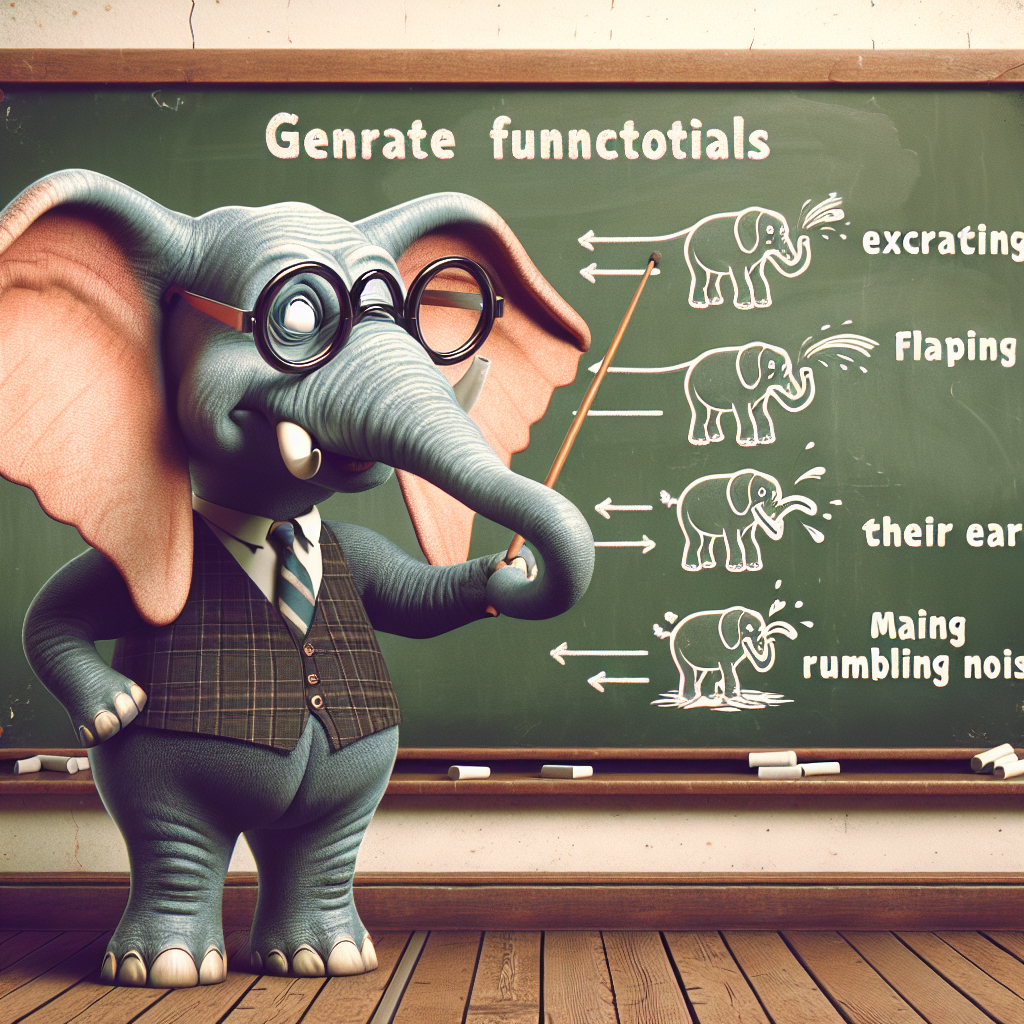Summary made by Quivr/GPT-4
This document is a scientific study on how the quality of information, specifically in acoustic and visual signals, affects the behavior of a bird species called Sporophila maximiliani, or the Great-Billed Seed-Finch. The researchers conducted experiments using both sound (acoustic) and mirror (visual) stimuli to observe how the birds reacted to different levels of signal degradation.
In the acoustic experiment, the researchers played a common song of the species with varying levels of white noise overlaid. They found that as the quality of the acoustic signal decreased, the birds displayed more maintenance behaviors, which are signs of increased stress and a state of motivational conflict. This suggests that the birds were experiencing fear and uncertainty due to the degraded quality of the sound.
In the visual experiment, a mirror was used to simulate the presence of another bird. The researchers observed that the birds displayed less stress and alert behaviors when the visual signal was degraded, which is the opposite of what they found in the acoustic experiment.
The key takeaway from this study is that the quality of information, whether it’s sound or visual, can significantly affect the behavior of these birds. A partially comprehensible signal was found to be more stressful for the birds than a completely degraded one. This research could be beneficial for bird conservation efforts, as it provides insight into how noise pollution and other environmental factors that degrade natural signals could impact bird behavior and well-being.
The study on the behavior of the Great-Billed Seed-Finch in response to the quality of acoustic and visual signals can be useful in several ways. Firstly, it provides insights into how this species responds to changes in their environment, particularly in relation to noise and visual interference. This can help in understanding the resilience of the species to anthropic noise and their ability to adapt to changes in their environment. Secondly, the study contributes to the knowledge of the behavior of an endangered Brazilian song bird, which can be useful for conservation programs for the reintroduction of Sporophila maximiliani individuals into nature. Lastly, the findings of the study can also be used to inform future research on the signal plasticity and the resilience of other species to environmental changes.

